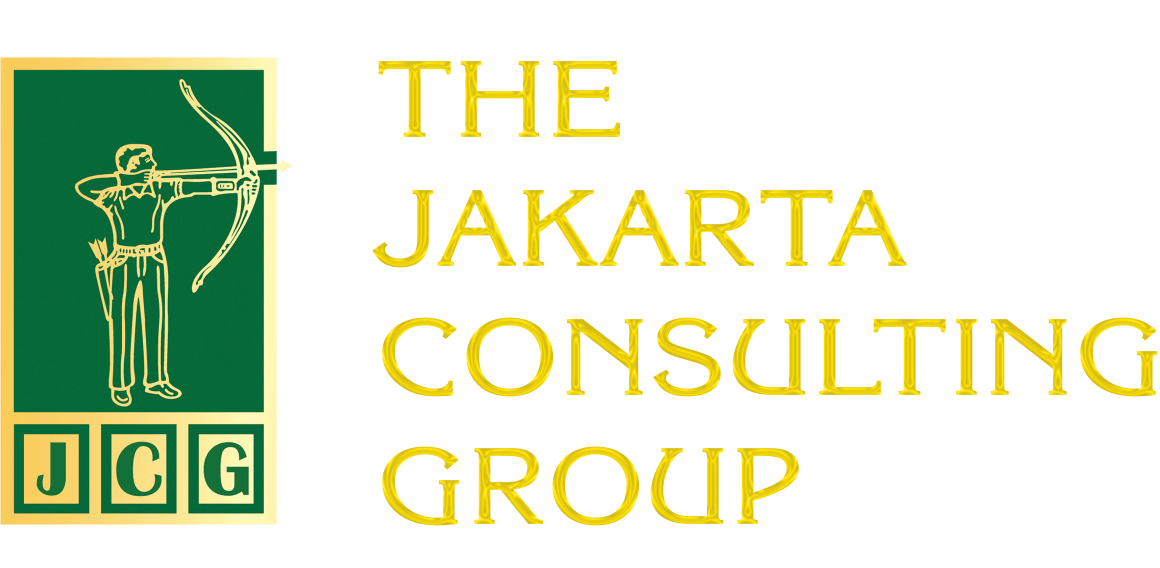In today’s digital world, CVs are not the only benchmark for recruiters. The virtual world has become the “first source of information” that silently describes a candidate’s personality and character. Digital footprint, or social footprints, are now not just online archives, but also determinants that influence recruitment.
For some people, this footprint can be a golden ticket to career opportunities. However, for others, mistakes in managing it can close the door to opportunities.
The Evolution of Recruitment
In today’s recruitment practices, almost all HR departments in an organization have searched for candidate names on Google, LinkedIn, or other social media. A CareerBuilder survey even revealed that more than 70 percent of recruiters check candidates’ digital footprint on their social media before deciding to interview them. As many as 54 percent of them changed their minds about recruiting candidates who displayed content that was considered inappropriate. Meanwhile, about 44 percent of them considered accepting candidates who displayed positive content.
The reason is simple: companies are not only looking for candidates with strong technical skills, but also those with integrity who fit in with the organizational culture. A CV may show the formal and structured side of a candidate, such as their educational background, work experience, and achievements, while their digital footprint often reveals a more honest and authentic side. For example, it can reveal a candidate’s communication style, way of thinking, and how they interact with their environment.
According to the Society for Human Resources Management (SHRM), the practice of digital screening as part of candidate screening has been recognized globally. This is especially true for positions related to reputation, data security, and public relations. However, digital footprint screening is certainly not limited to these positions.
For example, an active LinkedIn profile that shares leadership articles can reflect a spirit of self-improvement. Conversely, hateful posts, inappropriate photos, or impulsive behaviour on social media create a negative perception.
Social Footprint: More Than Just Looking for Mistakes
Checking a social footprint is not only about looking for mistakes, but also an effort to comprehensively assess a candidate’s digital reputation. In recruitment, this usually covers professional profiles; content on social media such as Instagram or TikTok that supports or damages a professional image; contributions to digital communities—whether candidates actively discuss, write, or share knowledge in their field; and Google search results—whether there is negative news or information related to the candidate. In essence, a social footprint describes how a person behaves in the digital world. Nowadays, digital footprint are increasingly difficult to hide.
Digital Footprint that Open Doors of Opportunity
![]()
Not all digital footprint are risky. For smart candidates, a social footprint can actually be a powerful self-branding tool.
Many professionals deliberately build digital portfolios by writing on LinkedIn, sharing project experiences, or announcing research results. This not only demonstrates competence, but also a growth mind-set.
Some companies even see positive online activity as an added value. For example, a marketing specialist who actively analyses trends on social media demonstrates strategic thinking skills. Another example is a data analyst who diligently writes data analysis threads, demonstrating communication skills that may not be visible on a resume.
In the context of employer branding, candidates with a positive digital footprint can also become “brand ambassadors” who strengthen the company’s image.
The Boomerang Effect of Digital Footprint
Digital footprints are cruel. That’s how a popular adage goes. Once something is uploaded, it is difficult to completely delete it.
Many candidates fail to get a job because of their past traces — whether it’s discriminatory comments, inappropriate photos, or conflicts with superiors that are aired on social media.
For companies, this is not only about individual reputation, but also organizational reputation risk. Employees are representatives of the company, so their personal values must be in line with the values of the organization.
However, this practice also raises an ethical dilemma: to what extent should companies investigate candidates’ personal lives? This is where transparent and proportional policies are important.
To ensure that digital footprint reviews do not violate privacy, companies need to uphold the principles of transparency, relevance, consideration, and balance. Transparency means informing candidates that their digital footprint will be examined as part of the selection process.
Relevance means focusing on content related to professional performance, not personal life. Consideration means that not all negative content reflects current character. Balance means the extent to which reputational risk outweighs a candidate’s potential to contribute, and vice versa.
Building a Positive Digital Footprint

For candidates, managing their social footprint has become an important career skill. How can this be done?
- It is important to delete unfavourable content.
- Next, strengthen your profile. For example, by writing or making videos about things that are useful to the public. Do this consistently.
- Separate personal and professional accounts. Avoid problematic content. Never make sarcastic, discriminatory, insensitive, or easily misunderstood comments.
- Contribute positively. For example, volunteer to help the less fortunate, engage in discussions, share insights, or attend seminars (both online and offline).
In today’s work landscape, digital reputation is no longer a complement, but an important asset in one’s career. Social footprint has become an invisible asset that determines the credibility of a candidate. Especially with the rise of remote work and global collaboration, digital footprints often become “open references” that replace conventional recommendations. This means that every post, comment, and interaction online is an asset (or liability) for a candidate’s future career.
#social footprint #digital footprint #recruitment #social media #reputation #professional profile #digital portfolio #employer branding #ethics #privacy
Related Posts:
Golden Shackles: Employee Retention Strategy or Career Shackles?
Climbing the Ladder or Skill Expansion? The Career Dilemma of Today’s Employees
Psychological Tests Aren’t Enough: The Importance of Mentorship and Reverse Mentoring in Talent Management
Social Isolation in the Era of Remote/Hybrid Work: How HR Builds Human Relationships
Financial Wellness: Strategies to Increase Productivity and Reduce Turnover










